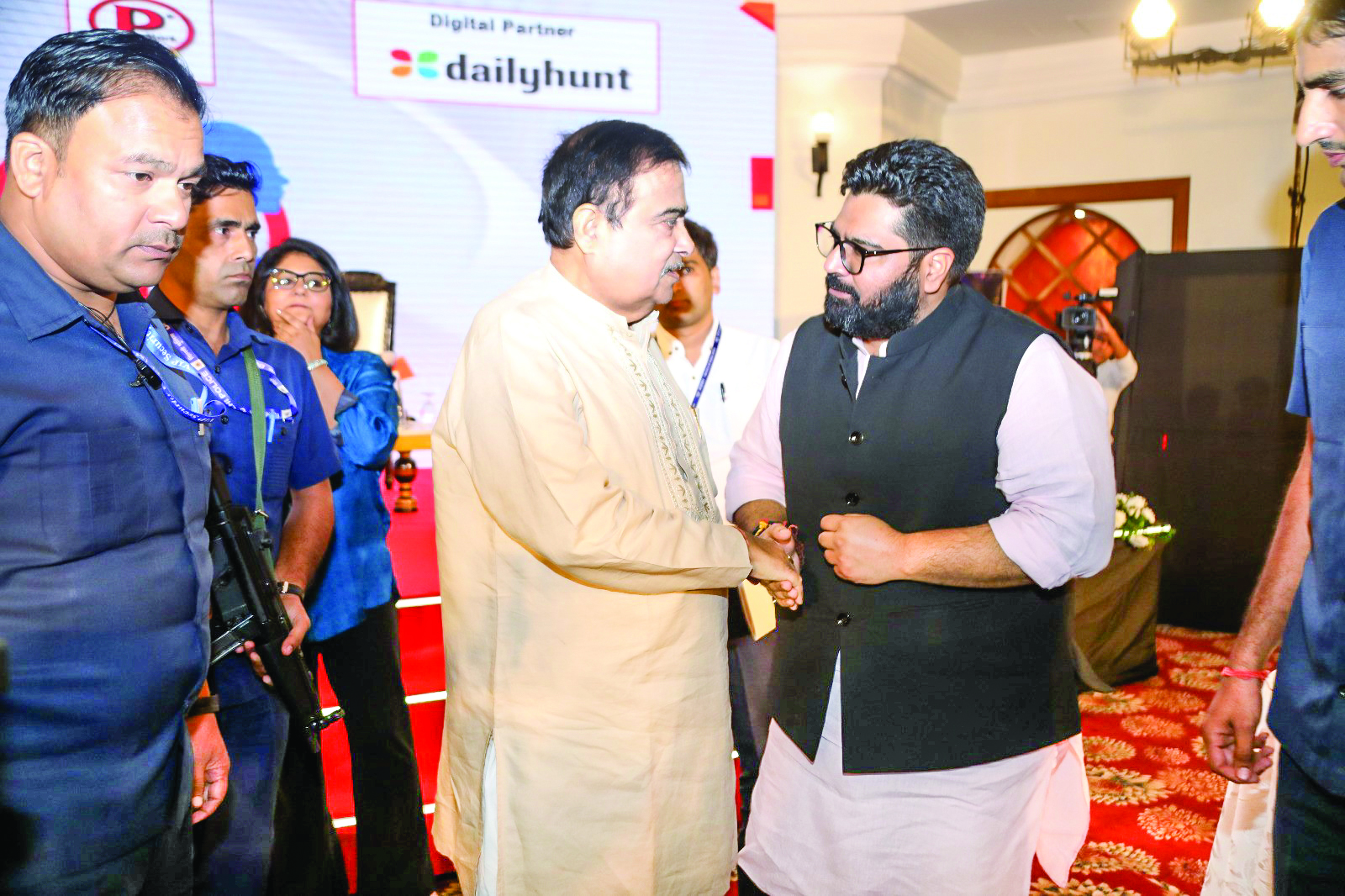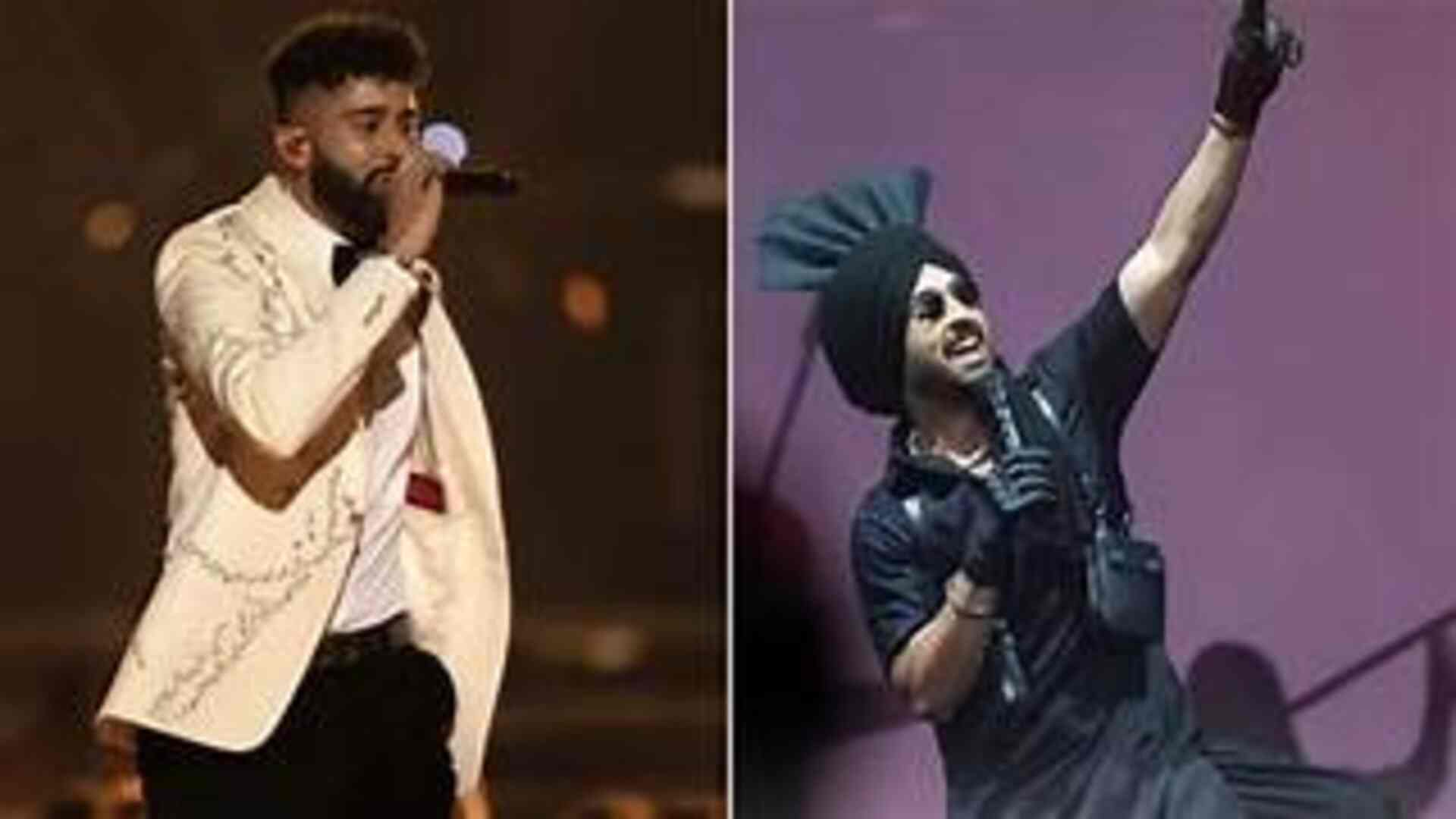At the “We Women Want” event 2024, organized by ITV Network, Union Minister for Road Transport and Highways, Nitin Gadkari, shared his vision of making India a carbon-free nation. He also presented the “We Women Want Shakti Awards” to the winners.
In his speech, Gadkari emphasized the need to reduce pollution by promoting electric vehicles such as electric scooters, buses, and cars. He mentioned that the car he currently uses is a flex-fuel vehicle, a Toyota model that runs on 60% ethanol and 40% petrol. He also highlighted the future potential of hydrogen as a clean energy source. Gadkari explained that the hydrogen-powered car, named Mirai, represents the future. He distinguished between different types of hydrogen—black hydrogen, produced from coal; brown hydrogen, derived from petroleum; and green hydrogen, generated from polluted water, biomass, or municipal waste.
Gadkari stressed the importance of reducing the cost of hydrogen production to one dollar per kilogram and acknowledged the challenges in building hydrogen transport infrastructure and fueling stations, but emphasized that hydrogen-powered transportation is the future.
He further stated, “If you want good services, you have to be willing to pay for them. Our budget has limitations, which is why we strive to be efficient with public funds. We also raise money from the capital market, where the interest rate is 8.05%. I have made investments that will benefit the middle class, and I’ll pose a few questions for you to consider. For instance, the time it currently takes to travel from Delhi to Dehradun is 9 hours. Starting from January 1st, it will only take 2 hours. Similarly, a trip from Delhi to Jaipur will take 2 hours, Delhi to Chandigarh 2.5 hours, Delhi to Amritsar 4 hours, and Delhi to Katra 6 hours. That’s a total of 14 hours. By using controlled-access expressways, not only will your fuel consumption be significantly reduced, but pollution will also decrease.
I urge you to appreciate the value of good services. Take the example of a 5-star hotel—if you host an event there, you’ll have to pay for it. Alternatively, you could hold it at Ram Leela Maidan, where we’d simply sit on two chairs and have a program, but the experience wouldn’t be the same.”
He also mentioned that 60 vehicle scrapping centers have now been established.
, and within the last 15 days to a month, all automobile manufacturers have started scrapping old cars. When you scrap your old car, you’ll receive a certificate that will give you a discount on a new car. He explained, “The pollution caused by 4 trucks today is equivalent to that of a single truck 15 years ago. When I was a student, I bought a Bajaj scooter, and I used to boast about its mileage of 32 km per liter. Now, the mileage is 90 km per liter. As technology advances, fuel efficiency improves, pollution decreases, and we save money. Now we have LNG trucks, which pay off their price in 2 years because where 100 rupees is spent on diesel, only 40 rupees is spent on LNG. People are also buying CNG scooters. I recently launched a Bajaj CNG motorcycle in Pune. If a petrol motorcycle costs 2.25 rupees per kilometer, the cost with CNG is just 1 rupee per kilometer.”
He asked, “How much money is saved through improved fuel efficiency in cars? A petrol car costs 2 rupees 25 paise per kilometer, while a CNG car from the same company costs just 1 rupee per kilometer. How much will you save over a ton of travel? If you use a petrol car, your fuel cost would be around 25,000 to 30,000 rupees, but if you switch to an electric car, your cost could be as low as 3,000 rupees. A CNG car would also reduce expenses significantly. So, not only will you save money and reduce pollution, but you’ll also lower material costs due to technological advancements.”
He went on to share the developments in Nagpur, saying, “We have built 4 bridges in Nagpur—there’s a road at the bottom, a flyover in the middle, then a railway bridge and the metro at the top. Additionally, Nagpur is the first city in India with a 24/7 water supply, and 70% of the water supply runs continuously. It’s also the first city where we sell treated wastewater, generating 300 crores by selling it to the Government of India. Recently, I developed an oxygen bird park on 20 acres of land, where we have planted fruit trees.”
On a societal note, he stated, “When you visit a restaurant known for good food, you don’t care about who’s cooking it. Similarly, there’s no place for caste-based queues or divisions in society. As a member of Lok Sabha, I made it clear during my election campaign that I would not engage in caste-based politics. I will not accept it. Vote for whoever you wish, but my constituency is a family, and everyone is welcome to be part of it. Caste, religion, and language should not be the defining factors—humanity is what matters. Gender and caste divisions are destructive, and by promoting social and economic equality, we can make Indian society better. Unfortunately, there’s a political race to manipulate these divisions for votes, which is not a healthy situation for our democracy.”







